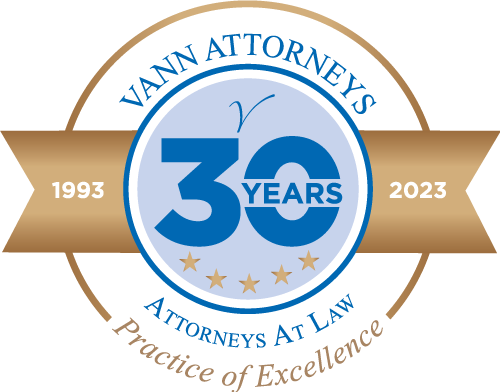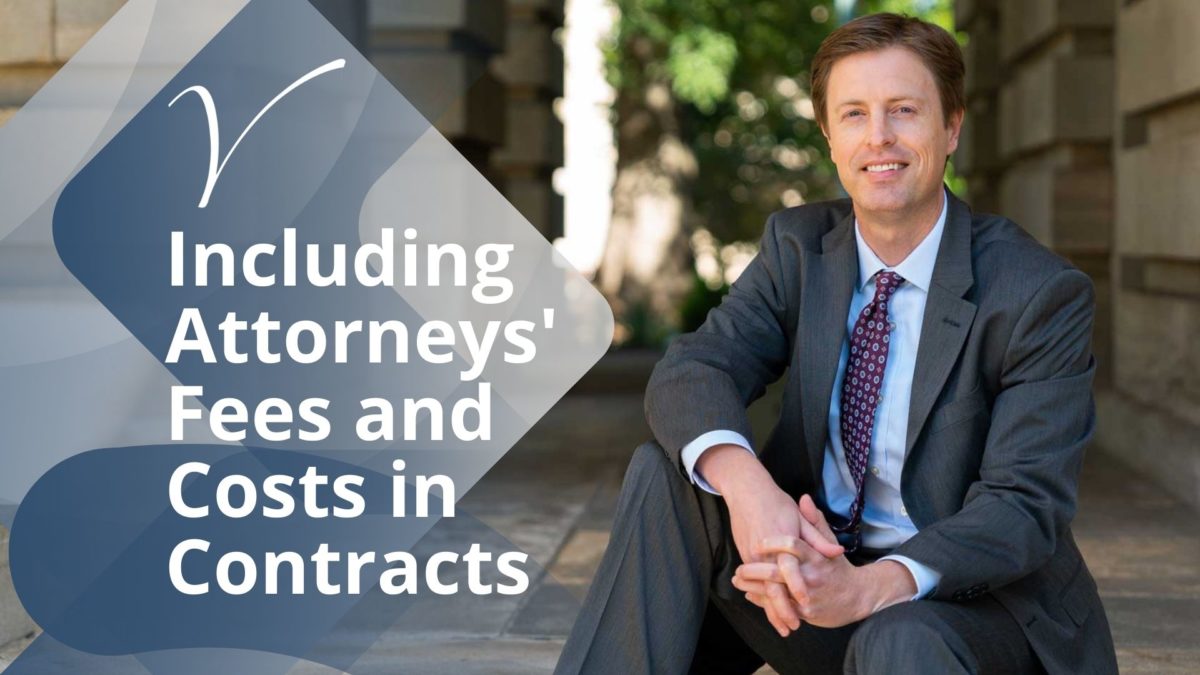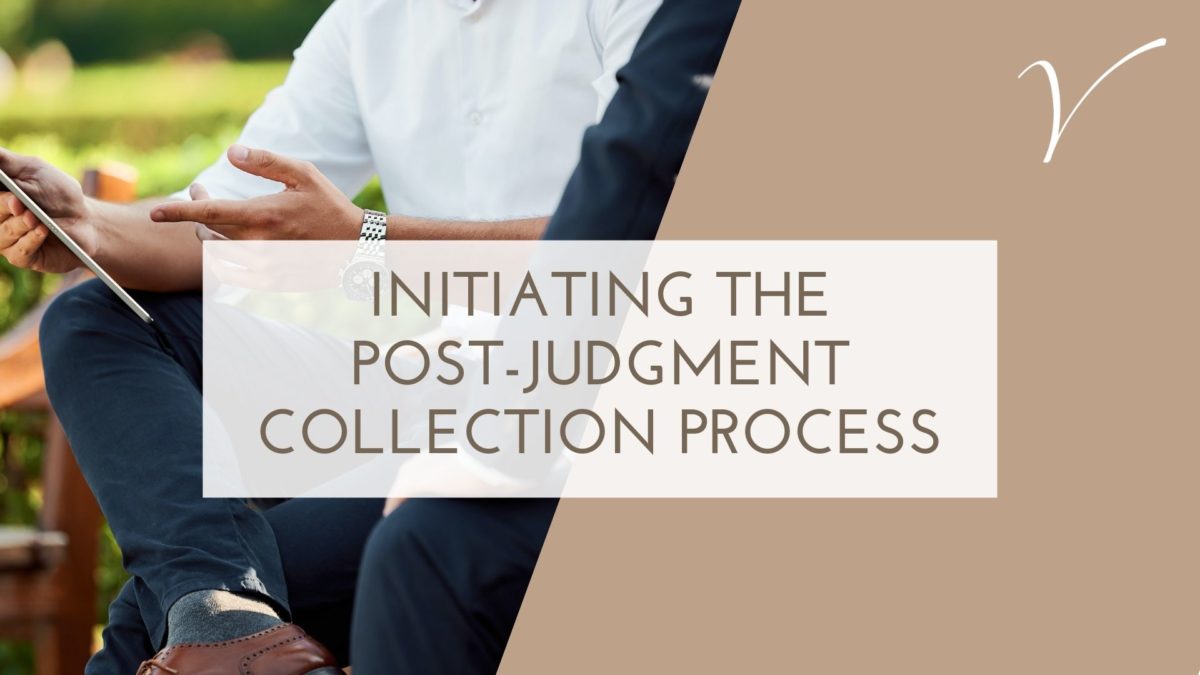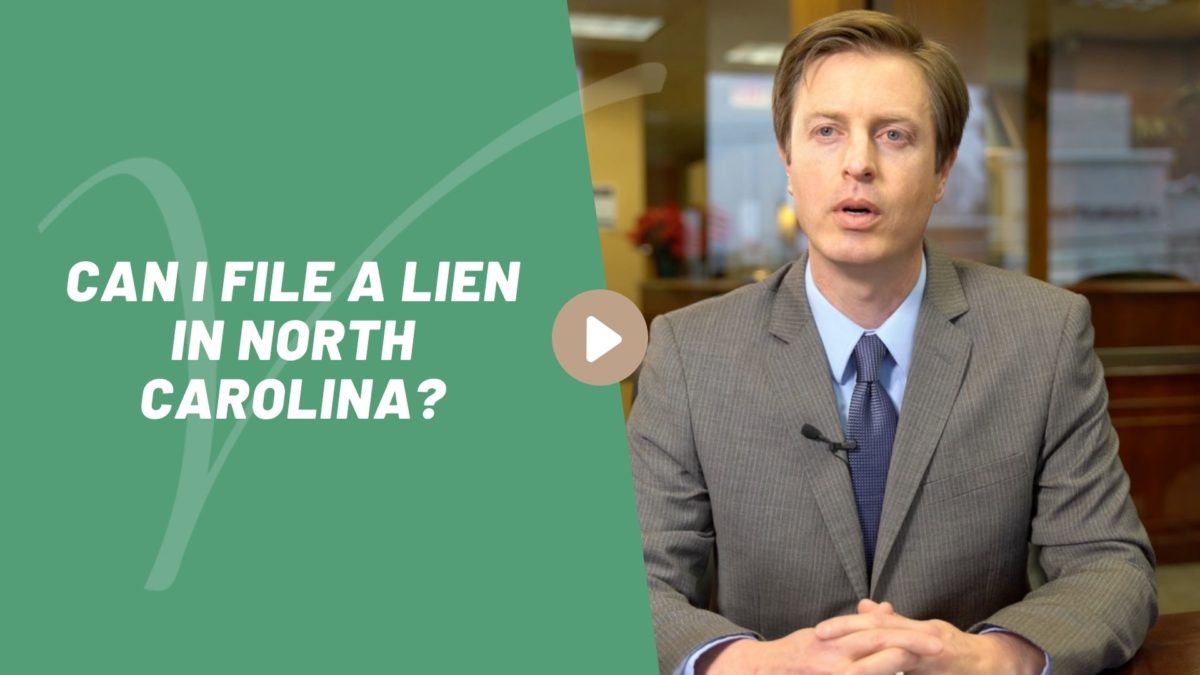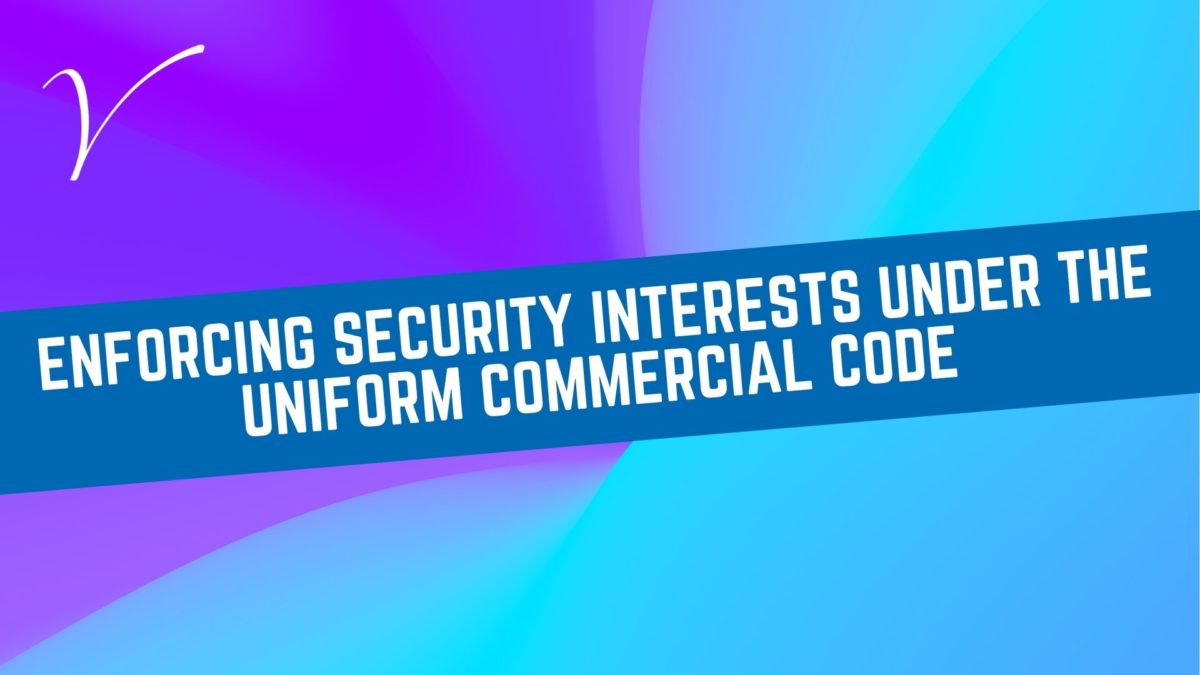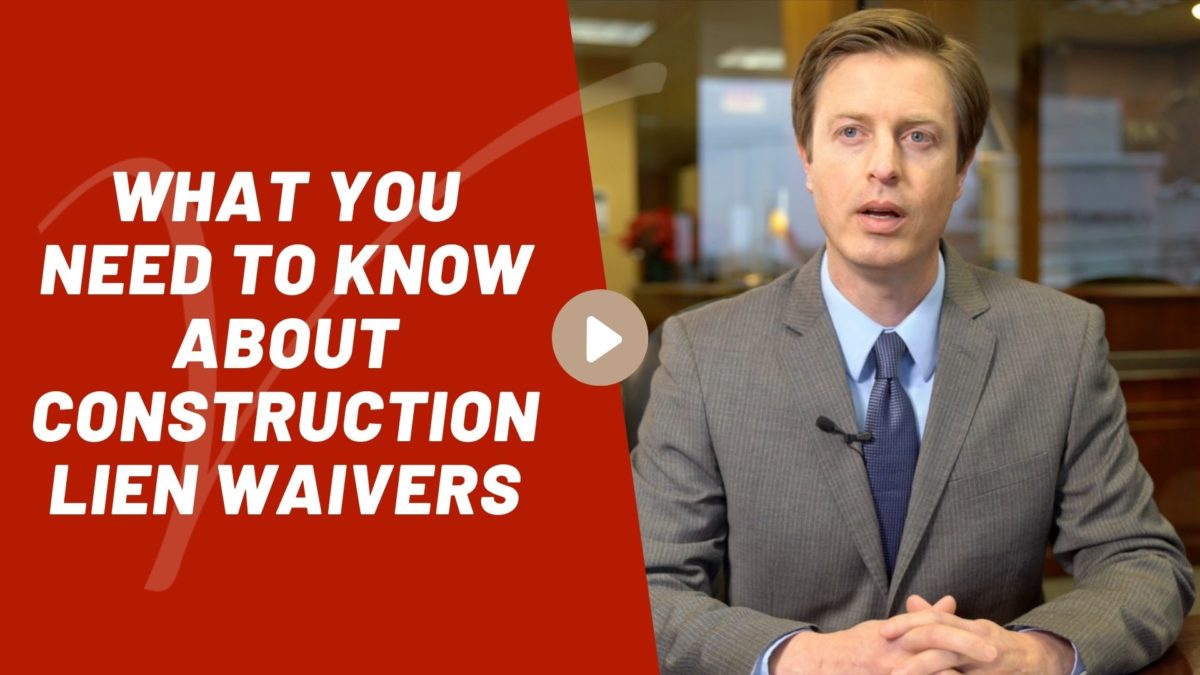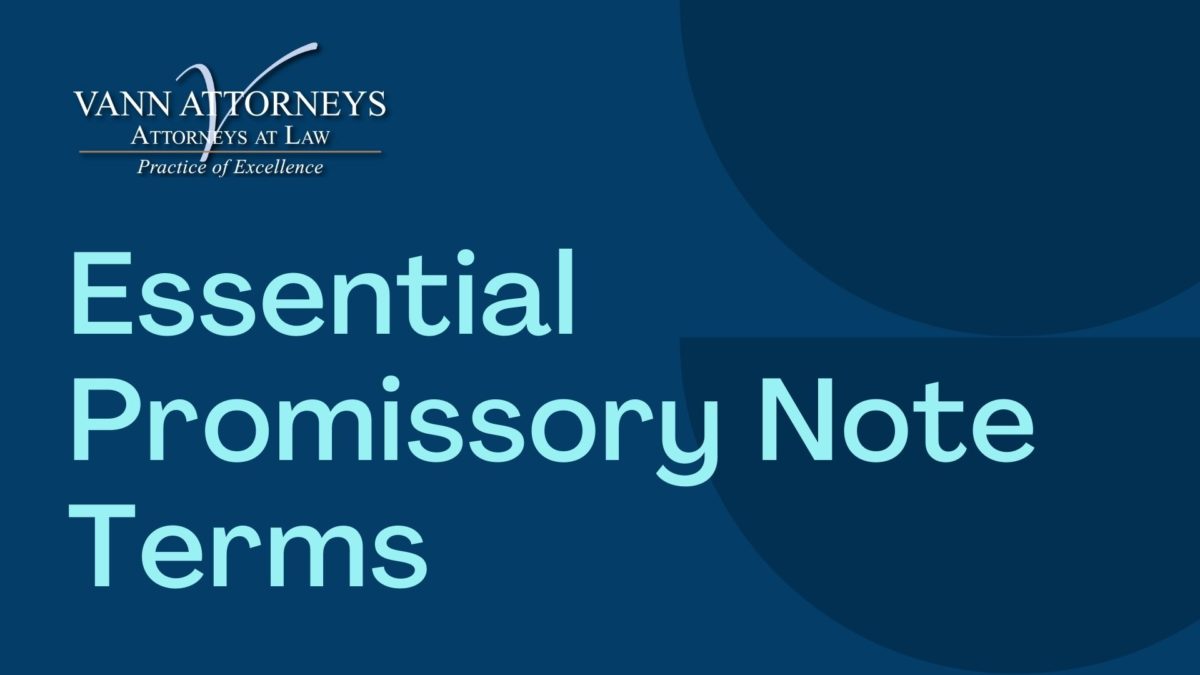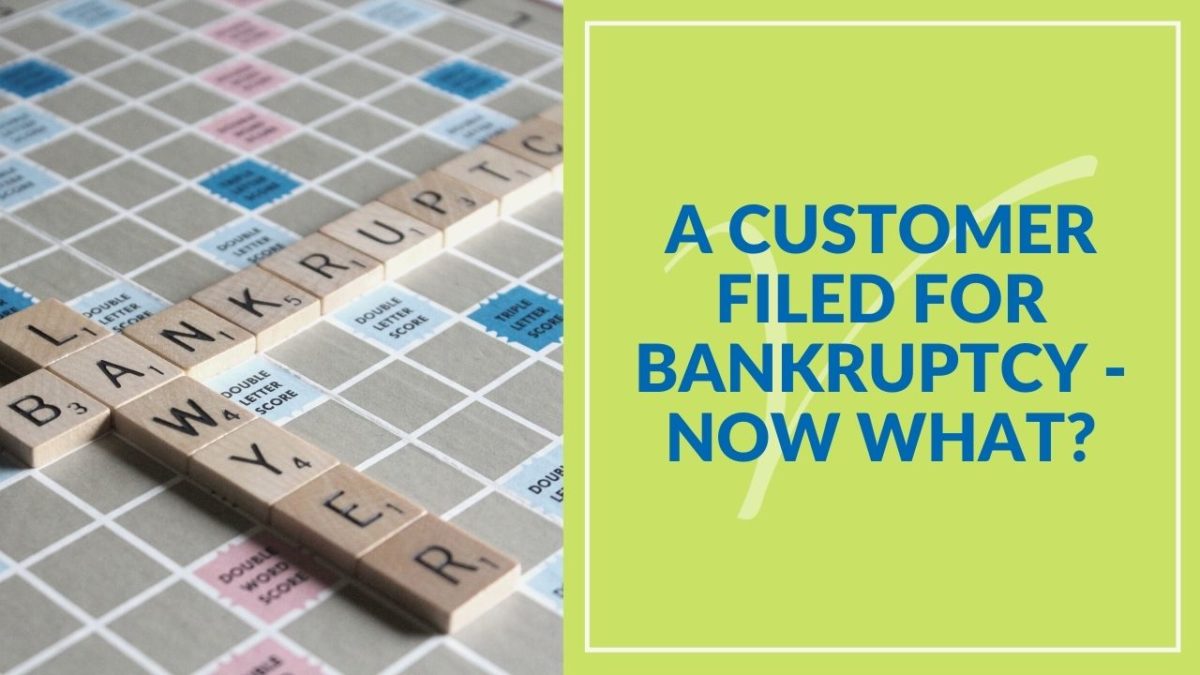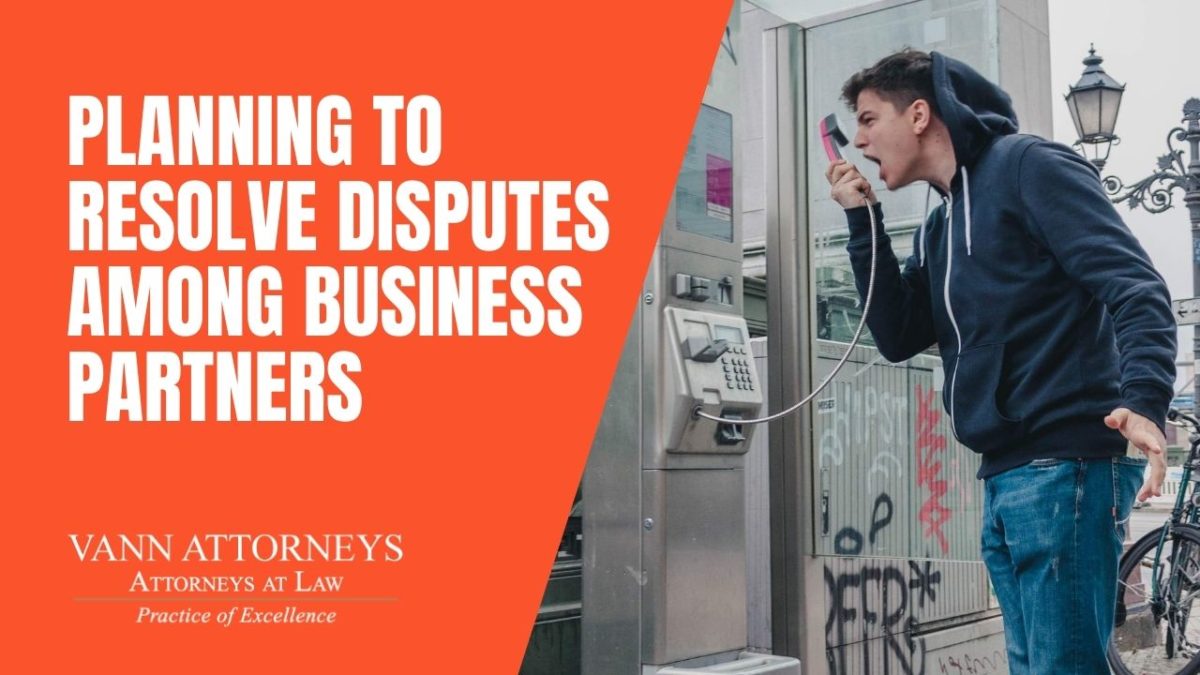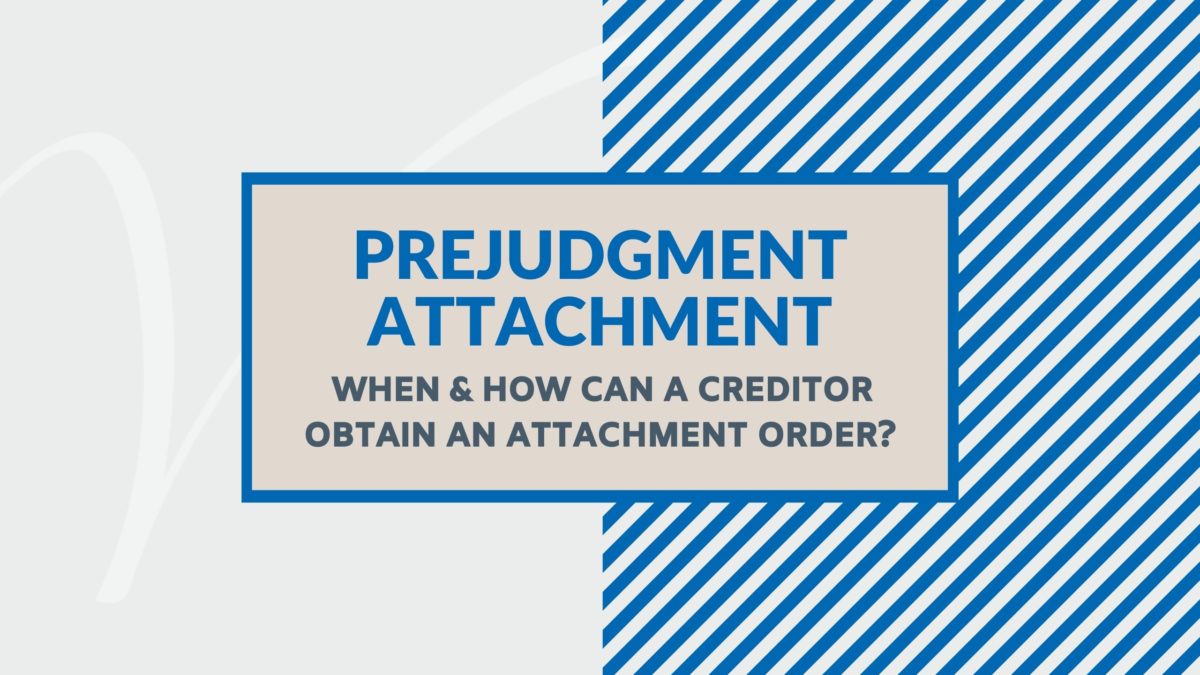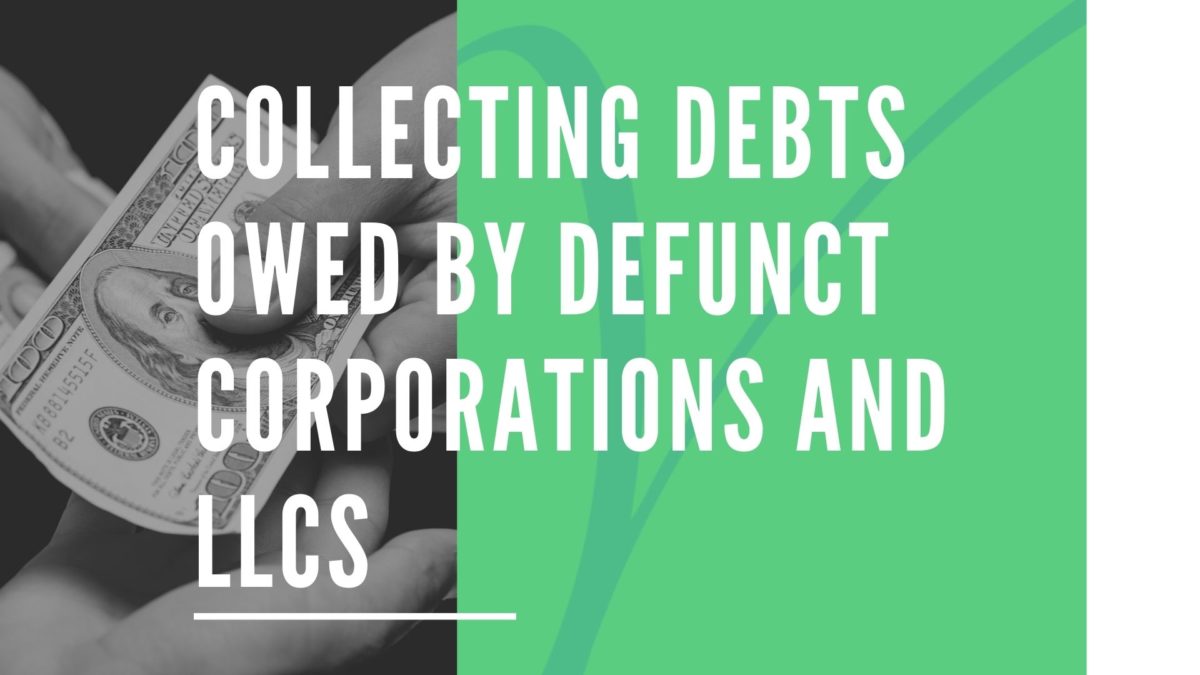Including Attorneys’ Fees and Costs in Contracts
If any aspect of your business involves the extension of credit, you are taking a risk. Incorporating certain terms in your contracts can cover some of the costs of those risks. Whether you are leasing real estate to tenants, selling materials or renting equipment on credit, or loaning money, it is probably a good idea to consider including provisions for late fees, finance charges, and attorneys’ fees in your contracts.


